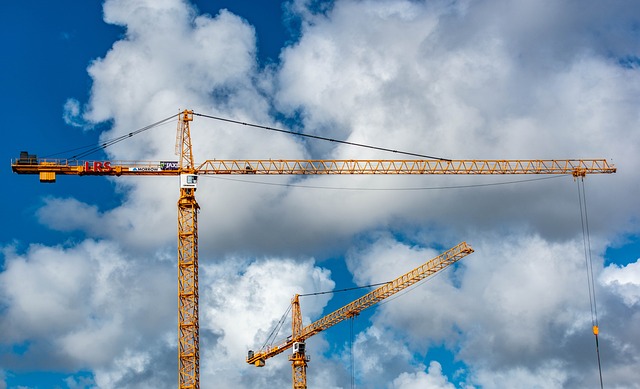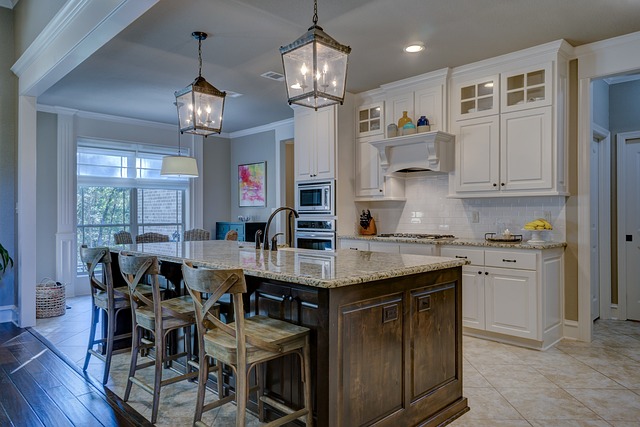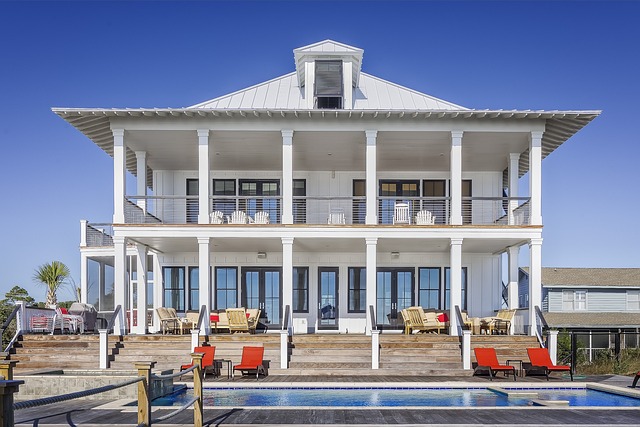When choosing between an available Executive Condominium (EC) and a resale Housing & Development Board (HDB) flat in Singapore, consider factors such as market conditions at launch for ECs, developer pricing influenced by demand and the economy, and the immediate availability versus resale restrictions of ECs for the first eight years post-acquisition. Resale HDB flats offer more flexibility in terms of location, type, floor level, and condition, often fitting various budgets without waiting periods or subsidy limitations, making them ideal for prompt homeownership. Both options come with different implications for future asset appreciation and subsidy eligibility. ECs are tailored for middle-income earners, offering amenities similar to private condominiums at a lower cost due to government subsidies, often situated in mature estates with higher demand. HDB flats accommodate a broader range of income brackets and are influenced by factors like location, size, and market dynamics. The affordability of both ECs and HDB flats is subject to economic growth, interest rates, and population trends. Prospective buyers must carefully consider these factors, along with the five-year resale restriction for ECs after the initial purchase, to determine which type of housing best suits their personal circumstances and financial situation in Singapore's dynamic property market.
In Singapore’s vibrant housing landscape, discerning homebuyers often grapple with the choice between an Executive Condominium (EC) and a resale HDB flat. This article delves into a comprehensive price comparison of both options. We analyze the costs associated with new ECs against resale HDB flats, dissect affordability through key influencing factors, and provide insights on how location, tenure, and design shape pricing. Prospective homeowners will find valuable information on the current selection of available ECs in Singapore to inform their decision. This comparison is crucial for those seeking a property that balances affordability with desirability in a competitive real estate market.
- Comparing Costs: New ECs vs Resale HDB Flats in Singapore
- Affordability Analysis: Factors Influencing EC and HDB Prices
- The Role of Location, Tenure, and Design in Pricing: Insights from Available Executive Condos in Singapore
Comparing Costs: New ECs vs Resale HDB Flats in Singapore
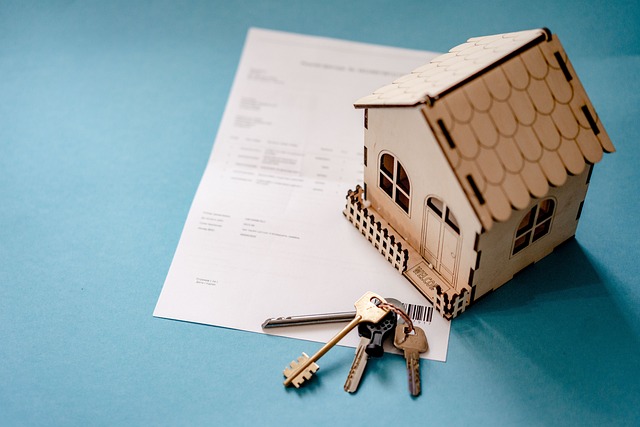
When contemplating the most suitable housing option in Singapore, a comparison between the costs of new Executive Condominiums (ECs) and resale Housing & Development Board (HDB) flats is essential for prospective homeowners. As of recent years, ECs have emerged as a popular choice among couples due to their availability, which blends the features of both public and private housing. The pricing of new ECs tends to reflect the market conditions at the time of launch, with prices often set by developers based on demand and economic factors. These units are newer and may come with more modern finishes and facilities, but they also come with a resale restriction whereby they can only be sold back to the HDB or within eight years from the date of acquisition, after which they become fully privatized.
On the other hand, resale HDB flats offer a different set of considerations for buyers. The prices of these flats are influenced by factors such as location, flat type, floor level, and the state of the flat’s condition, as determined by the HDB’s resale price formula. Buyers in the market for a resale HDB flat can often find a unit that fits their budget more readily, especially if they are open to flats located outside of highly sought-after areas. Additionally, unlike new ECs, resale flats do not have a waiting period before occupation, nor do they come with the initial limitations on subsidy eligibility for subsequent sales. This makes resale HDB flats an attractive option for those looking to purchase a home sooner rather than later. Both options offer unique advantages and potential drawbacks; thus, a thorough understanding of the current market trends and personal financial considerations is key when deciding between available ECs in Singapore and resale HDB flats.
Affordability Analysis: Factors Influencing EC and HDB Prices
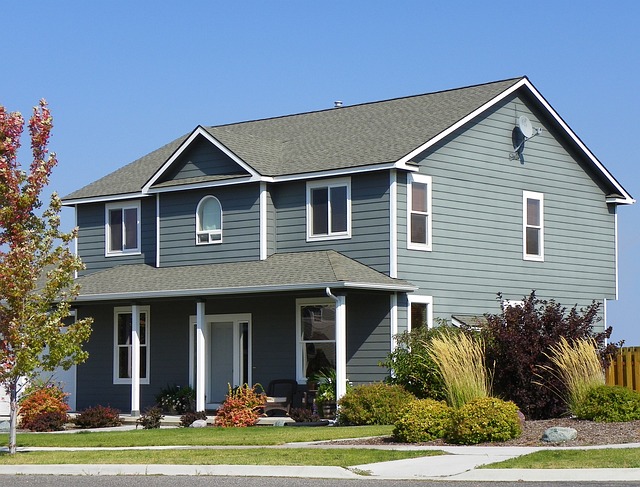
When considering the affordability of housing options in Singapore, the comparison between Executive Condominiums (ECs) and Housing & Development Board (HDB) flats is a crucial analysis for prospective homeowners. Both types of residences offer varying benefits and are priced differently based on a multitude of factors. ECs, which are available in Singapore and cater to the middle-income group, often come with facilities and amenities similar to private condominiums, yet are sold at subsidized prices due to government support. HDB flats, on the other hand, are designed for a broader spectrum of the population and their pricing reflects this inclusivity, with options available to suit different income levels.
The affordability of ECs versus HDB flats is influenced by several factors, including the geographical location, the size of the unit, and the current state of the property market. ECs tend to be situated in mature estates where land prices are higher due to their proximity to amenities like shopping centers, schools, and transport nodes. This proximity often translates into a premium in pricing for ECs compared to HDB flats, which may be located in less developed areas but still offer the security of a government-subsidized housing option. Additionally, the eligibility criteria for purchasing an EC are different from those for buying an HDB flat, impacting the affordability and accessibility of these homes for potential buyers at various stages of life. The five-year resale restriction on ECs, after which they can be sold to any buyer including Singaporeans and permanent residents, also affects their market pricing. Market conditions, such as economic growth, interest rates, and population growth, further influence the price trajectory of both ECs and HDB flats, making an affordability analysis a dynamic and ongoing process for homeowners in Singapore.
The Role of Location, Tenure, and Design in Pricing: Insights from Available Executive Condos in Singapore
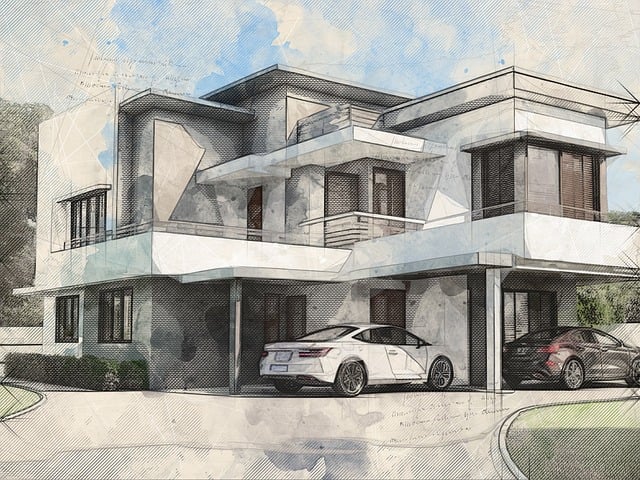
When considering the cost of housing in Singapore, the pricing of Executive Condominiums (ECs) is influenced by several key factors that prospective homeowners must understand. Location emerges as a pivotal element in shaping EC prices; prime districts with well-connected transport links and proximity to amenities like shopping centers and schools tend to command higher prices. The tenure of the property, which refers to the lease duration for which the land on which the EC is built is allocated by the government, also affects pricing. While most ECs come with a 99-year lease, this tenure is shorter than that of HDB flats, which have a 99-year or a lease that lasts as long as the country itself. This distinction often means that ECs are positioned in the market as a middle ground between public and private housing, reflecting in their pricing.
Design and architecture play a significant role in the pricing of available ECs in Singapore as well. Units with innovative designs, smart home features, and high-quality finishes can fetch higher prices. The layout and spatial efficiency are particularly important to families, which is why larger or more versatile designs in ECs are often priced higher. Developers may also incorporate sustainable design elements that appeal to eco-conscious buyers, potentially influencing the pricing. Prospective homeowners looking at available ECs must weigh these factors against their preferences and budget, as the interplay of location, tenure, and design can significantly impact the cost. Those who prioritize certain aspects over others will find the market for ECs in Singapore to be diverse and accommodating, with a range of options that cater to different needs and financial considerations.
